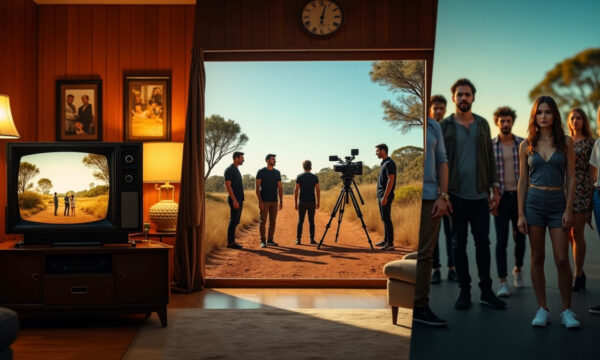The impact of technology on sexual intimacy

Technology can certainly be a controversial topic with regard to the goings-on in the bedroom. As the digital age becomes further assimilated into the daily grind of the western world, many couples report reduced companionship in their personal lives. The growing pressures of employment, paired with our increasing desire to be constantly connected with friends, can cause rifts in our own interactive socialisation, especially where sexual intimacy is concerned.
The use of smartphones in the bedroom and at mealtimes is becoming ever more problematic for some couples, who often speak more using technology during the workday than in their recreational time together in the evenings. While watching television over dinner was once frowned upon, it’s now become habitual to tell our partners about the events of our days over reduced-volume Netflix reruns. Technology even allows communication between rooms, so that face-to-face interaction is no longer necessary. Resentment can also mount when moments of intimacy and emotion-sharing are consistently interrupted by one party answering text messages during conversations. Arguments over social media can often become even more distressing when body language is not visible, and tone of voice is inaudible.
Furthermore, suspicion can build when couples are secretive about the contents of their inboxes: some couples report the dissolution of their relationships being due to jealousy based on this digital secrecy. Lovers overcome by mistrust can even sabotage their own relationships by checking phones and messages on the sly, imposing on their partner’s private life. Emotional affairs are progressively easier to partake in with the normalisation of constant social networking and “revenge porn” is an increasing social controversy.
Despite technology’s capability for negativity in the bedroom, it is also revolutionising the dating scene for certain groups. People with social-processing disorders such as autism and Asperger syndrome and those with generalised social anxiety, who would otherwise be too shy to connect with the object of their affections in real life, are finding love with greater ease every day. New apps and dating services target people who are just as committed to finding – and maintaining – love as their extroverted counterparts. Smaller demographics, such as single parents, LGBT communities and people for whom religion is important are also now represented as potential partners in the online community. Hobbyists can now connect over online forums, discussing their interests with potential flames. Technology is also helping long distance relationships survive longer with the use of computer programs such as Skype and FaceTime.
It is clear that technology has its positives and its negatives, much like most things in today’s world; nevertheless, when used correctly it can create and enhance our relationships.
Hayley Ferguson

























Facebook
Twitter
Instagram
YouTube
RSS